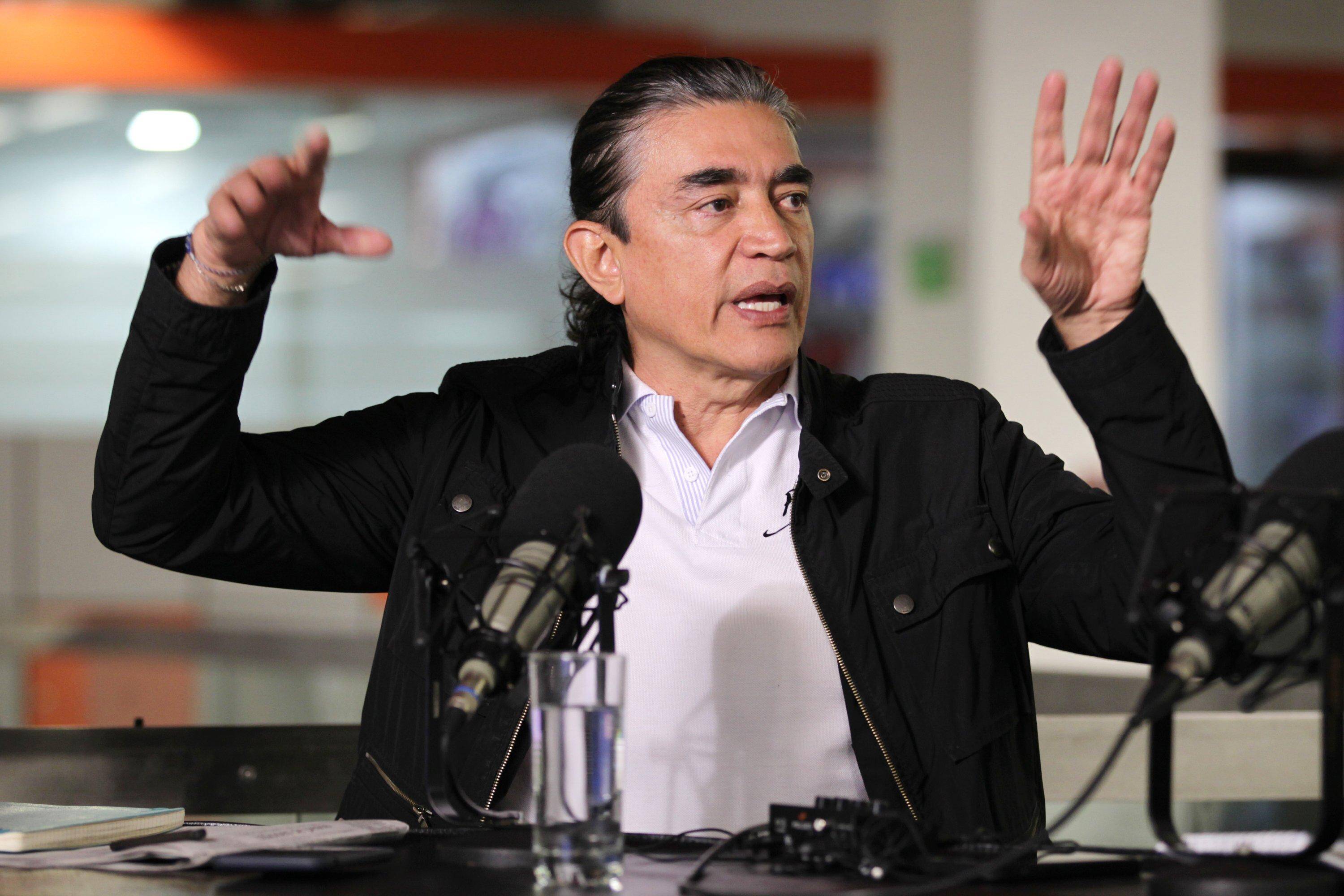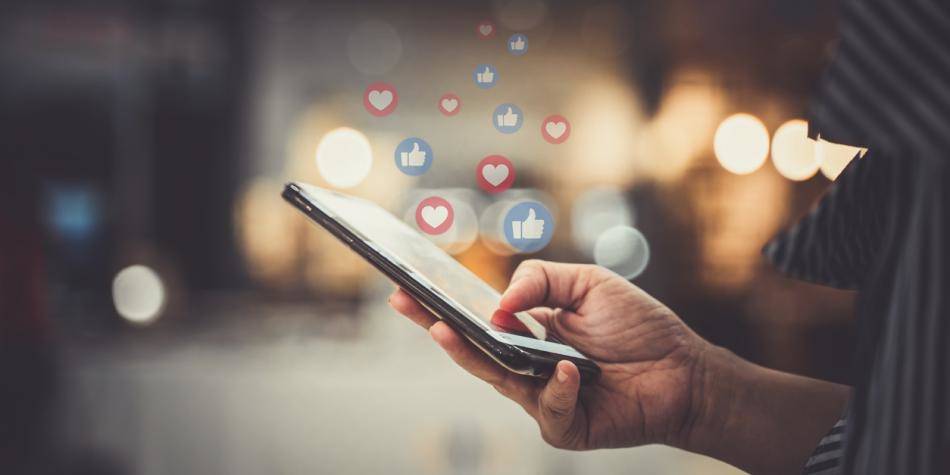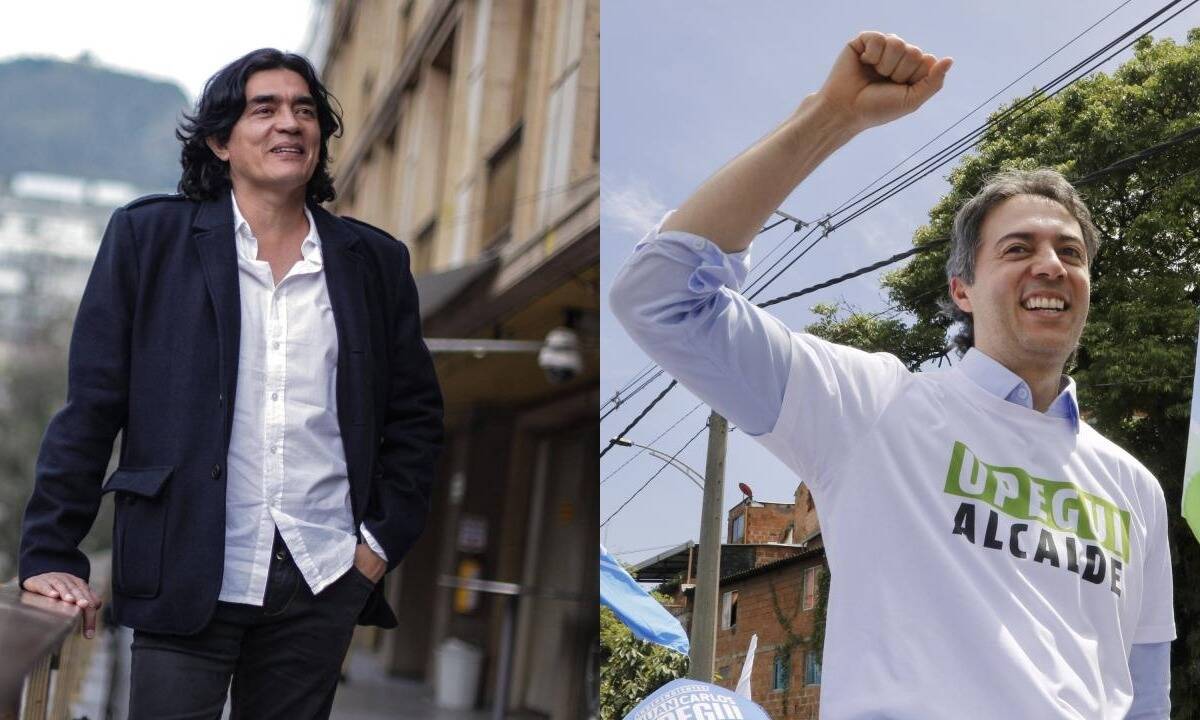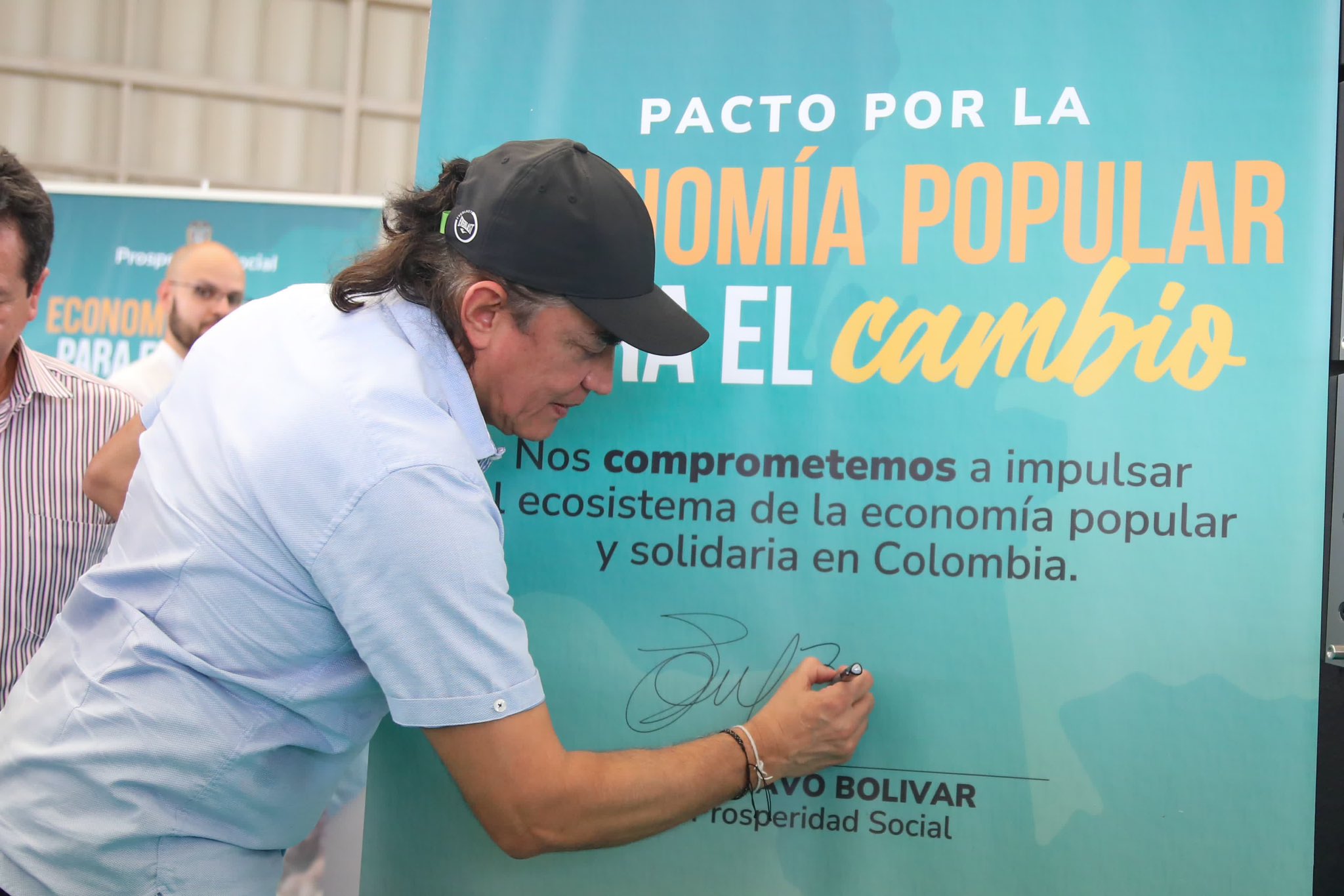Gustavo Bolívar explains how influencers work and how much they earn for political campaigns.

Former Minister of Information and Communications Technology and presidential candidate Mauricio Lizcano admits to using influencers in his campaign, but clarifies that he doesn't pay them. Meanwhile, fellow presidential candidate Gustavo Bolívar maintains that the influencers who are supposedly speaking negatively about him are being paid. The debate is heated.
Speaking to Caracol Radio , Bolívar, a former senator and former official in the Petro administration, went further in his accusations, asserting that some of the influencers attacking him are national government contractors. This assertion is serious because it involves the use of public resources to attack pre-candidates.

Gustavo Bolívar, presidential candidate. Photo: César Melgarejo
Bolívar stated that in Colombia, a politician cannot hire an influencer to speak highly of him for less than 10 or 15 million pesos a month.
He stated that some influencers are hired to promote government projects in various locations, where the media doesn't reach.

Influencers Photo: iStock
When asked whether some of the influencers who speak ill of him are RTVC (Public Media System) contractors, Bolívar said that since they are contractors and not public officials, they can perform other activities and contract with candidates such as, for example, the former mayor of Medellín, Daniel Quintero.
Bolívar emphasized that he asked these influencers, if they are hired by a candidate, to speak well of him, but not to speak badly of others.
Visibly shaken, the former director of the Department of Social Prosperity also stated that these influencers had spoken well of him in the past , but now they're doing just the opposite.

Gustavo Bolívar and Daniel Quintero. Photo: EL TIEMPO Archive
Bolívar proposed that from now on, influencers should warn that the advertisement is paid political advertising when discussing a political candidate, and suggested they use the hashtag #PPP.
"This is an ethics chapter; influencers must admit they are being paid," Bolívar emphasized.
When Bolívar was director of the DPS, he used influencers to support his administration by speaking highly of him and his actions.

Gustavo Bolívar was director of the DPS. Photo: DPS
Political analyst Pedro Viveros emphasized that Bolívar's complaint about government-paid influencers allegedly speaking ill of the pre-candidate is extremely serious and should be investigated by oversight bodies.
LATEST NEWS EDITORIAL
eltiempo




